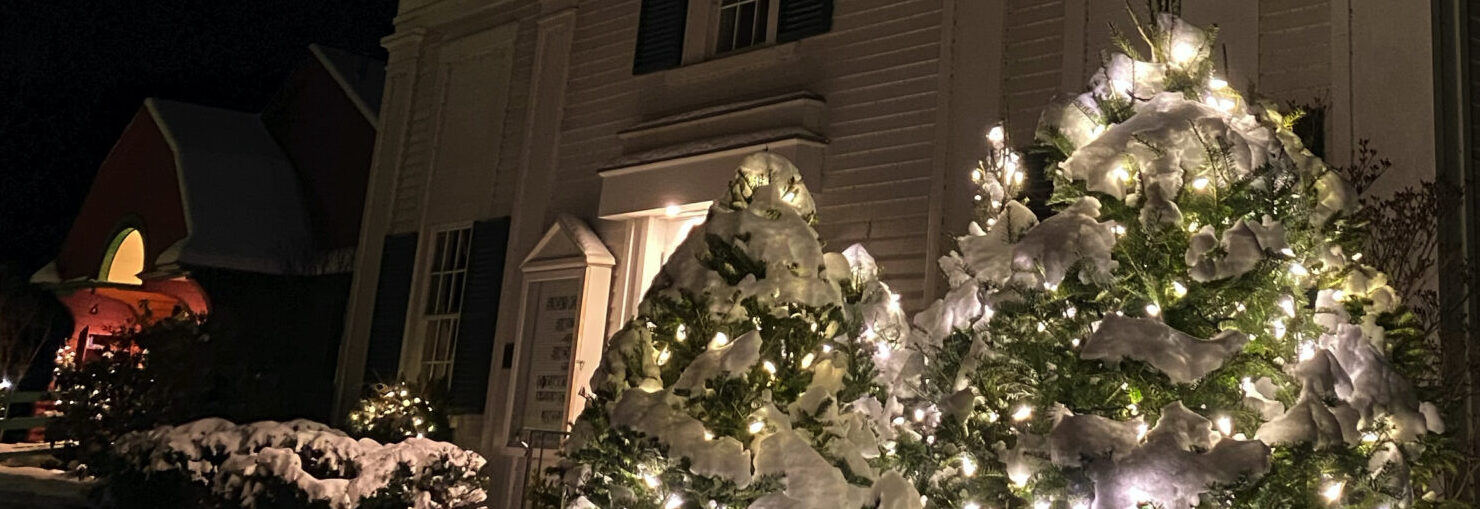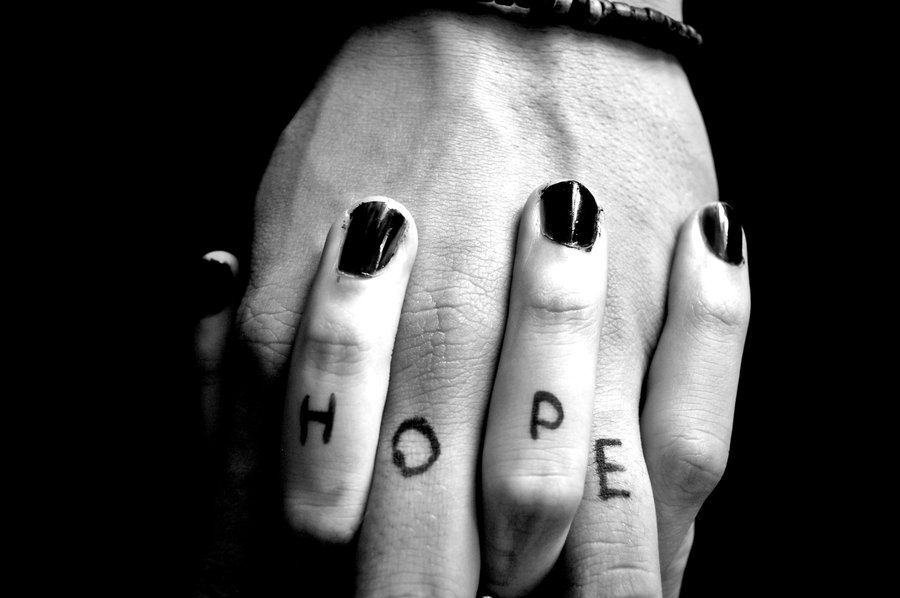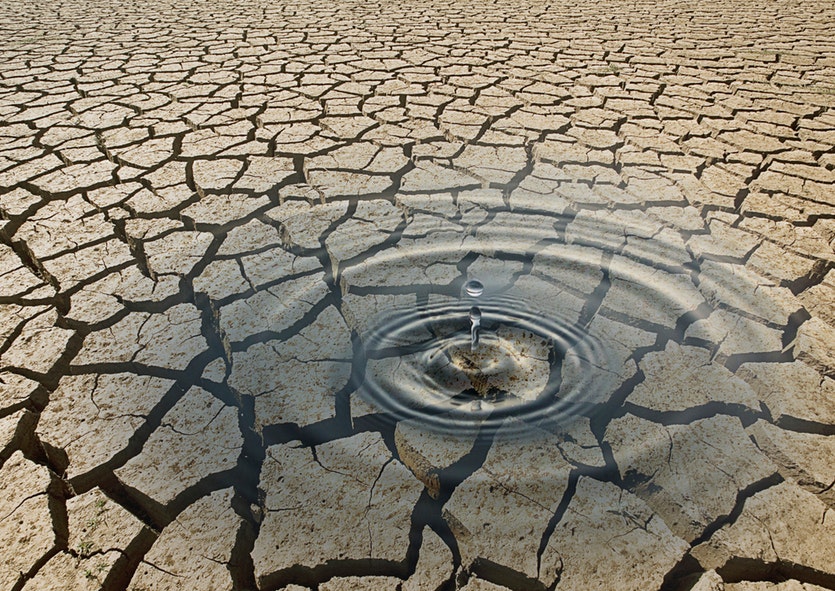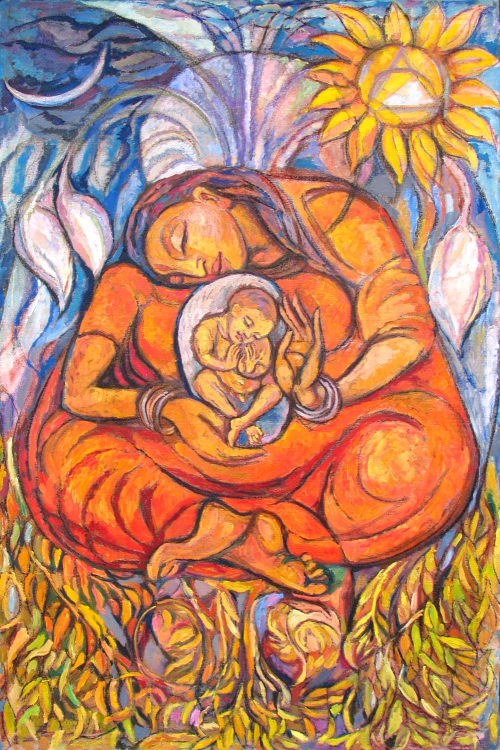JOY Daily Devotional: Advent 3 – Dec 15
Cultivate joy each day this week. December 15: The Joy of Advent Scripture: Luke 2:10 –– But the angel said to them, “Do not be afraid, for see, I am bringing you good news of great joy for all the people: Meditation: Joy springs from within and arises as a state of being that is […]




